
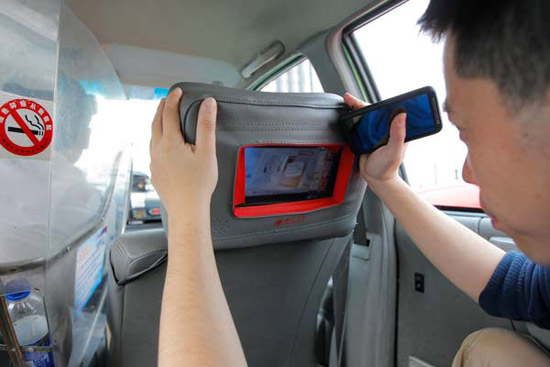 |
| A passenger looks at an in-vehicle advertising screen in a taxi in Shanghai on Thursday. Gao Erqiang / China Daily |
Safety hazards posed by Shanghai taxis' in-vehicle advertising screens have sparked concerns in other cities, as experts called for a nationwide check of the devices.
The Shanghai Municipal Transport and Port Authority said on Monday it had found dangers in monitors built into the back of the front passenger seat's headrest, following deaths or injuries allegedly caused by the screen, which is around 20 cm long and 15 cm wide.
At its request, iTaxi Media, a small player in the city's on-board advertising screen market, has removed all of its products from the more than 2,000 cabs owned by the Blue Union Taxi Co for failing the national safety standard, the authority said.
Although Touchmedia, the biggest player in the market, met the standard, it has been ordered to improve its products and install cushioned surfaces around the screens it has in 22,000 taxis by May 20.
The transport authority ordered the city's taxi operators to stop installing new advertising screens or renewing contracts with advertising platform providers.
The screens' providers were required to add safety tips, such as calling on passengers to wear seatbelts, before broadcasting other content on the monitors.
Transport authority official Huang Xiaoyong said that the body would closely monitor the steps Touchmedia takes to implement its order.
Safety concerns about the screens came into the spotlight following a number of accidents. In the early hours of March 12, Lu Hang, 24, suffered from a fractured skull when her head bumped against the solid surface of an in-vehicle monitor when her cab crashed into a roadside barrier.
In October, a passenger was killed in a traffic accident and the victim's family claimed the death is related to the taxi's monitor. In both cases, the victims were not wearing seatbelts when the accident took place.
Taxi drivers in the city said backseat passengers' heads can bump against the monitor if they make an emergency stop.


Latest development of H7N9 in China[Special]
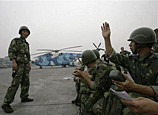
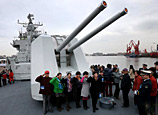



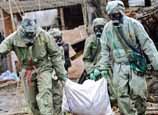


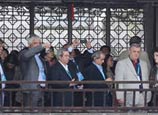
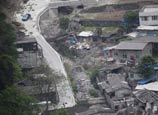






 Giant pandas safe in quake-hit zone
Giant pandas safe in quake-hit zone


![]()
